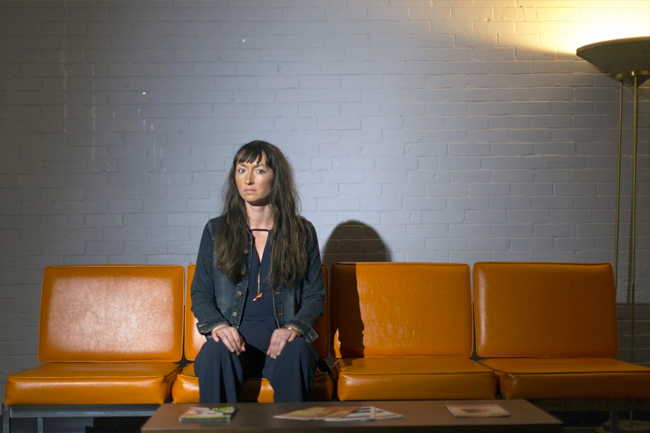Zoe Odlin-Platz started working at the city of Portland’s needle exchange program on the cusp of the heroin epidemic, in 2010. Since then, use of opioids has spiraled into an epidemic that seems to be getting progressively worse: Through the first nine months of this year 286 people have died, surpassing the record number of deaths for all of 2015.
Every year, more people come into the clinic than the year before, addicted to opioids, usually heroin or a heroin/fentanyl combination.
Odlin-Platz, 33, said she has met dozens of people who have subsequently died of drug overdoses – about 10 were friends she’s known from the recovery community. All it takes is one relapse to put former users once again in danger of dying from the powerful opioids.
“I’m really tired of going to funerals,” Odlin-Platz said. “It’s really sad to watch. It never gets any easier to hear that someone you know has died.”
The needle exchange provides clean needles for intravenous drug users in order to prevent the spread of infectious diseases, such as AIDS and hepatitis.
From about 400 enrollees in 2009, the program has more than doubled, to about 900 current enrollees.
Now, the exchange also distributes naloxone, an overdose antidote.
As the opioid crisis has deepened, the importance of the needle exchange in keeping people healthy has ballooned, Odlin-Platz said. The societal problems caused by the crisis can seem overwhelming, but the needle exchange plays a role in preventing the epidemic from also increasing the number of other diseases.
People who come to the needle exchange also have access to the free health clinic, which is at the same location on India Street on the Portland peninsula, and the sexually-transmitted diseases clinic, also at the same site.
Odlin-Platz, a Portland native, said soon after she began working for the clinic, she connected with the clients.
“I just really fell in love with working with the clients and provide services that they otherwise wouldn’t have access to,” she said. “They are always so appreciative and grateful.”
But she said because Maine’s health care system lacks treatment options for those without health insurance, the job can be frustrating at times. Many of the people using the needle exchange don’t have insurance.
“I’m sick of people telling me they want help and the first question I have to ask them is if they have insurance,” Odlin-Platz said.
Odlin-Platz said she has also become involved in community groups to explain the role of the needle exchange and to debunk the common misconception that such programs encourage drug use.
“We are accepted a lot more in the community than when I first started,” she said.
Dr. Caroline Teschke, director of the India Street clinic, said Odlin-Platz started working at the front desk. But Teschke said she quickly realized Odlin-Platz had talent, despite having never worked in the health care field.
“I realized I could throw anything at her and she would pick it up,” Teschke said. “She’s an example of someone who has earned all of the recognition that she’s ever gotten.”
Teschke said everyone seems to know Odlin-Platz, and she has been instrumental in improving the reputation of the needle exchange in Portland.
“People will walk in the door and say, ‘I’m in trouble. I need Zoe,’ ” Teschke said. “I’m hugely proud of her.”
Copy the Story LinkComments are not available on this story.
Send questions/comments to the editors.



